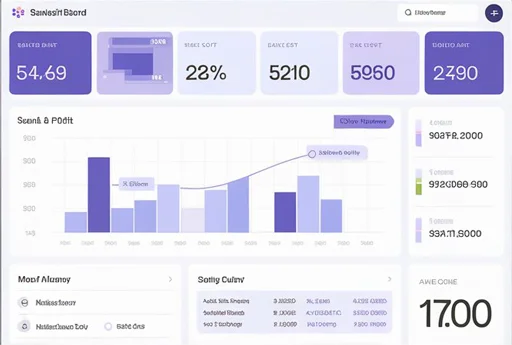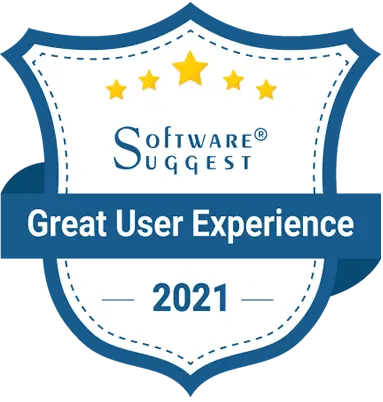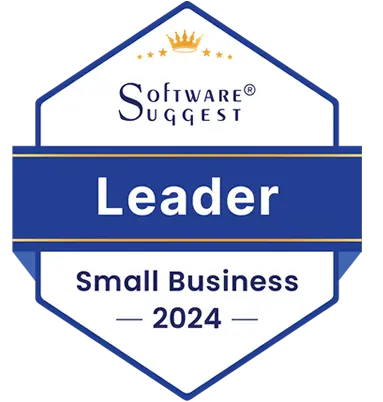Call/WhatsApp : +1 (786) 924-0778
- Solutions
Offering 15+ Software Services to over 30+ countries worldwide for over 20+ Years Our expert team leverages cutting-edge technology to deliver scalable, user-friendly, and innovative solutions tailored to your specific needs.
Some of the Major Solution Services We Offer
- Features
- Pricing
- Free Trial
- Be Seller
- Contact















